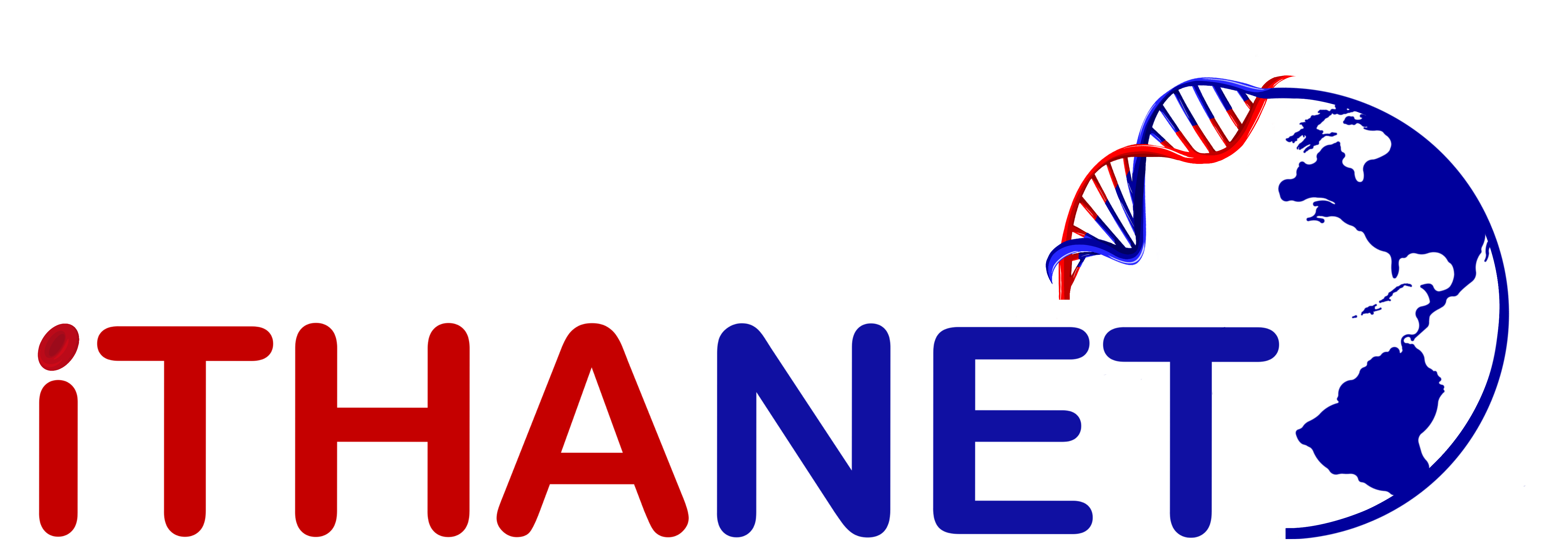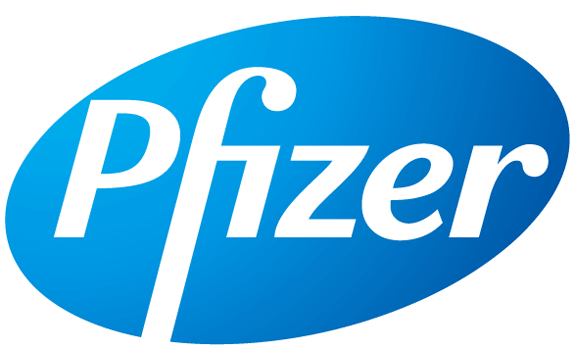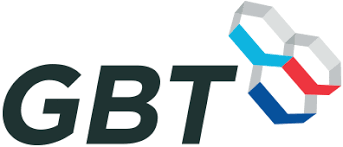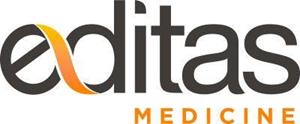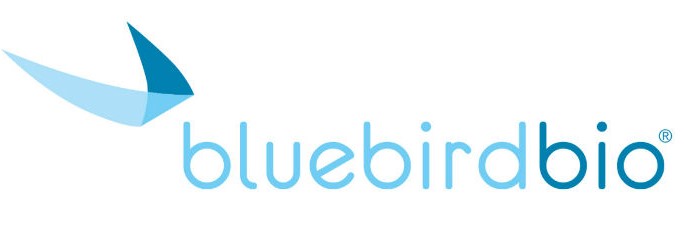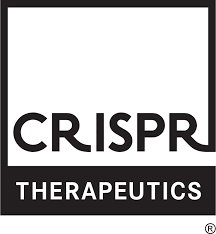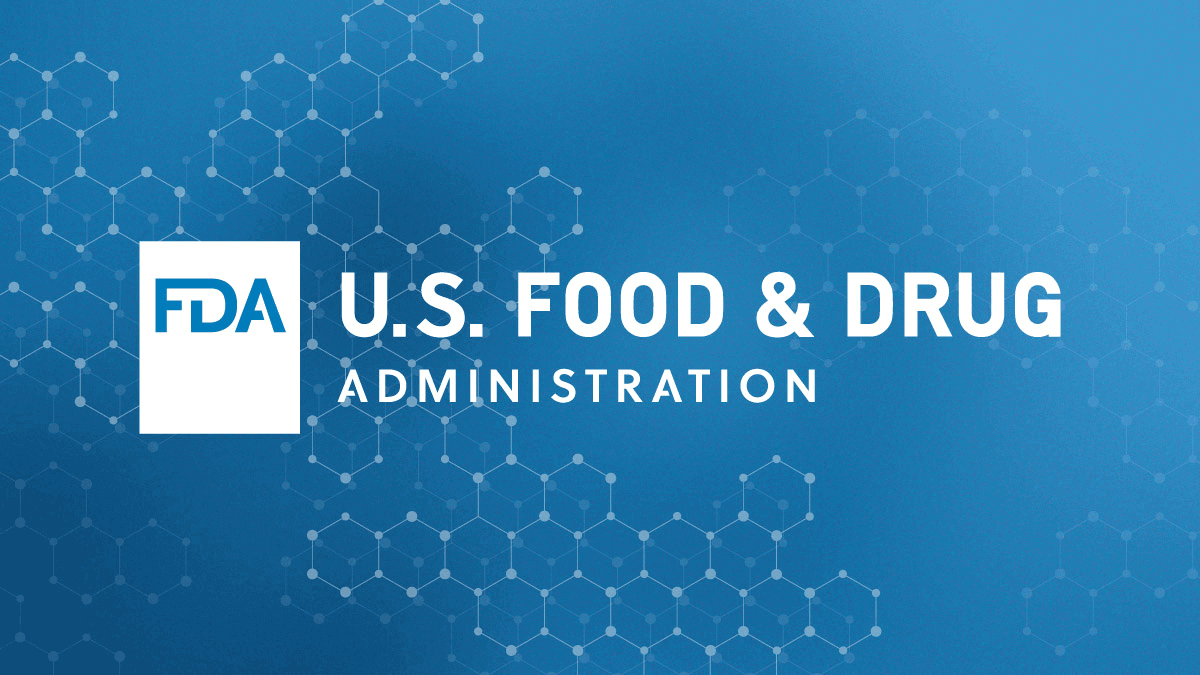
The U.S. Food and Drug Administration (FDA) announced the approval of Zynteglo (betibeglogene autotemcel), for the treatment of adult and pediatric patients with β-thalassemia who require regular red blood cell transfusions. Ζynteglo the first cell-based one-time gene therapy product administered as a single dose. It is very important that Zynteglo is a customized treatment created using the patient’s bone marrow stem cells that are genetically modified to produce functional β-globin. Of 41 patients receiving Zynteglo, 89% achieved transfusion independence, since they maintained a pre-determined level of hemoglobin without needing any red blood cell transfusions for at least 12 months. The most common adverse reactions associated with Zynteglo included reduced platelet and other blood cell levels. Also, there is a potential risk of blood cancer associated with this treatment therefore patients who receive Zynteglo should have their blood monitored for at least 15 years for any evidence of cancer. No cases of blood cancer have been seen in studies of Zynteglo. The FDA granted approval of Zynteglo to bluebird bio, Inc. More information can be found here.
